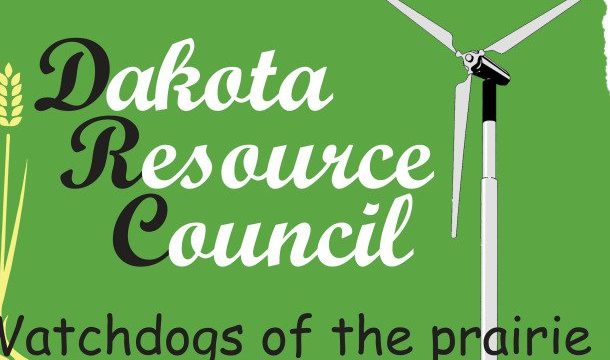It's Time To Stop Taking The Dakota Resource Council Seriously

The Dakota Resource Council is a well-funded environmental activism group that claims to represent North Dakotans, particularly North Dakota landowners.
I’ve never been convinced. According to the group’s financial disclosures, they get a pittance from membership dues and fundraising activities. Most of their money comes from other sources like grants. In fact, in past years the group got most of its revenue from government grants (how that works is beyond me).
So, basically, the DRC is a front-group that, per the evidence available to us, has a very tiny constituency in North Dakota. But as a fierce critic of fossil fuel energy development, they get a lot of press time.
But recently the group, seeking to leverage an explosive derailment of tanker cars carrying North Dakota crude in West Virginia, engaged in hyperbole so absurd they even managed to lose the support of the very left-wing Fargo Forum editorial board.
The Forum is fond of trashing North Dakota’s Republican leaders over their stewardship of oil development (the paper’s candidate endorsements, which I’m told come from ownership and not the editors, are not at all reflective of their overall editorial stance), but still had trouble with the DRC blaming Republican state officials for putting the nation in danger.
“The response by the Dakota Resource Council to an oil train wreck in West Virginia is so over the top it further erodes the credibility of an organization that is increasingly credibility-challenged,” wrote the Forum.
A news release said Gov. Jack Dalrymple shows “a troubling disregard of real problems with exploding Bakken oil trains.” That manipulation of facts was followed on at least one talk radio show with a DRC leader actually assigning responsibility for the West Virginia derailment to North Dakota.
Such fact-starved hyperbole lends credence to the charge that the people who lead the DRC are “radical environmentalists,” and therefore should be dismissed and marginalized. Too bad. A responsible DRC can be an important player in the necessary effort to convince state regulators to do better. Rather than shout silliness from the sidelines, the DRC could be a collaborative conscience that works to affect change within the realities of the state’s energy economy.
I’ve long made this criticism of groups like the DRC. There’s nothing wrong with criticism of the state’s handling of fossil fuel energy development (whether I agree with it or not), but there’s a difference between promoting a certain view of responsible development and wanting to stop development entirely.
One is reasonable. The other is flat-out extremism.
If the DRC wants to regain their credibility (to the extent they had any) they need to prove to us that they’re not out to stop fossil fuel energy development entirely.
Americans have come to expect a certain quality of life – one where there’s gas for heat in the winter and power for lights at night, all at a reasonable and affordable cost – and the only way we can meet that expectation for the foreseeable future is through the development and use of fossil fuels.
The folks at the DRC seem to deny this reality, and to the extent that they do, aren’t worthy of attention or acknowledgement.




